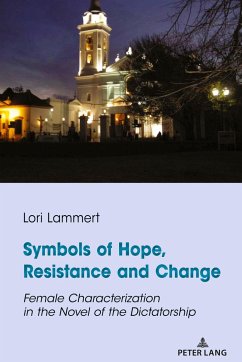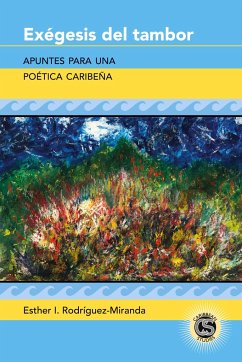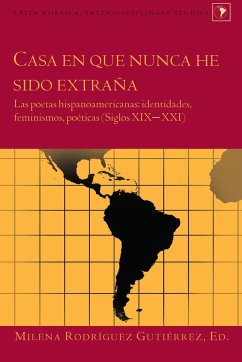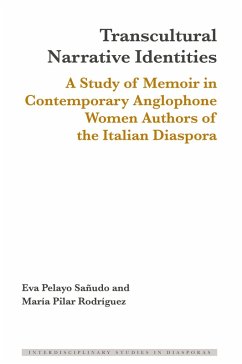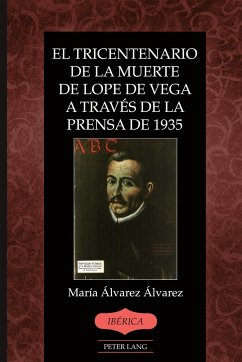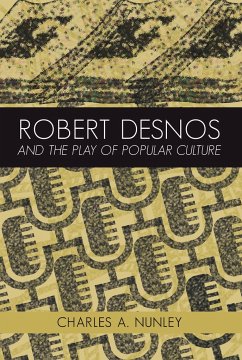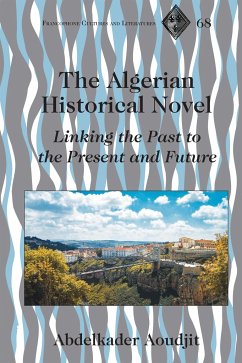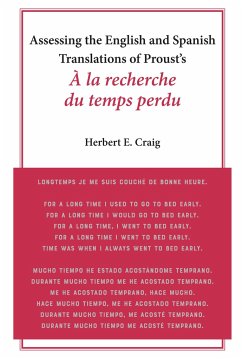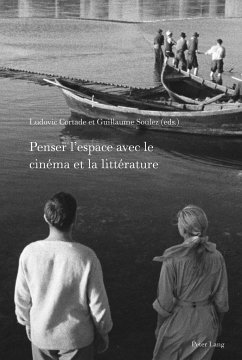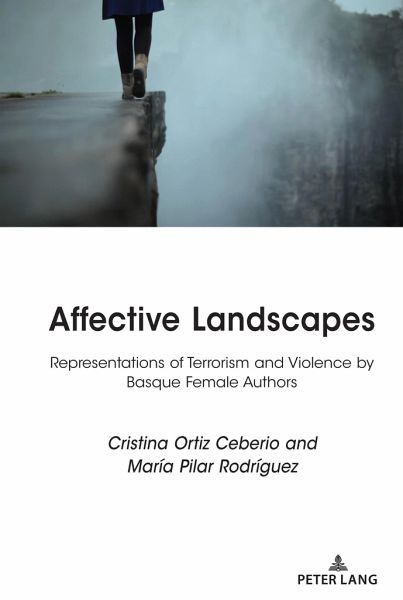
Affective Landscapes
Representations of Terrorism and Violence by Basque Female Authors
Versandkostenfrei!
Versandfertig in 6-10 Tagen
94,30 €
inkl. MwSt.
Weitere Ausgaben:

PAYBACK Punkte
0 °P sammeln!
Affective Landscapes: Representation of Terrorism and Violence by Basque Female Authors draws from contemporary social and cultural theory of affect to analyze the Basque Country's political violence since the birth of the terrorist organization E.T.A. The study focuses on how this violence has been represented in contemporary works of literature and cinema authored by women and examines the alternative means these authors use to examine political violence from a gendered perspective. The artistic works analyzed in this volume highlight the connection between violence and the production of spe...
Affective Landscapes: Representation of Terrorism and Violence by Basque Female Authors draws from contemporary social and cultural theory of affect to analyze the Basque Country's political violence since the birth of the terrorist organization E.T.A. The study focuses on how this violence has been represented in contemporary works of literature and cinema authored by women and examines the alternative means these authors use to examine political violence from a gendered perspective. The artistic works analyzed in this volume highlight the connection between violence and the production of specific affective states; these authors' stories illustrate the pernicious effects that violence has for human relationality and social bonds. As such, the study provides new readings of seminal works authored by Basque women during this period of violence and, in doing so, it renders a much-needed contribution to the place that their artistic productions have in providing a novel understanding of the Basque political reality. The study presents a groundbreaking analysis to understand the centrality of affect as a unique prism to approach violent contexts, to present different affirmations of the "political," and to bring to light social dynamics otherwise unnoticed.





